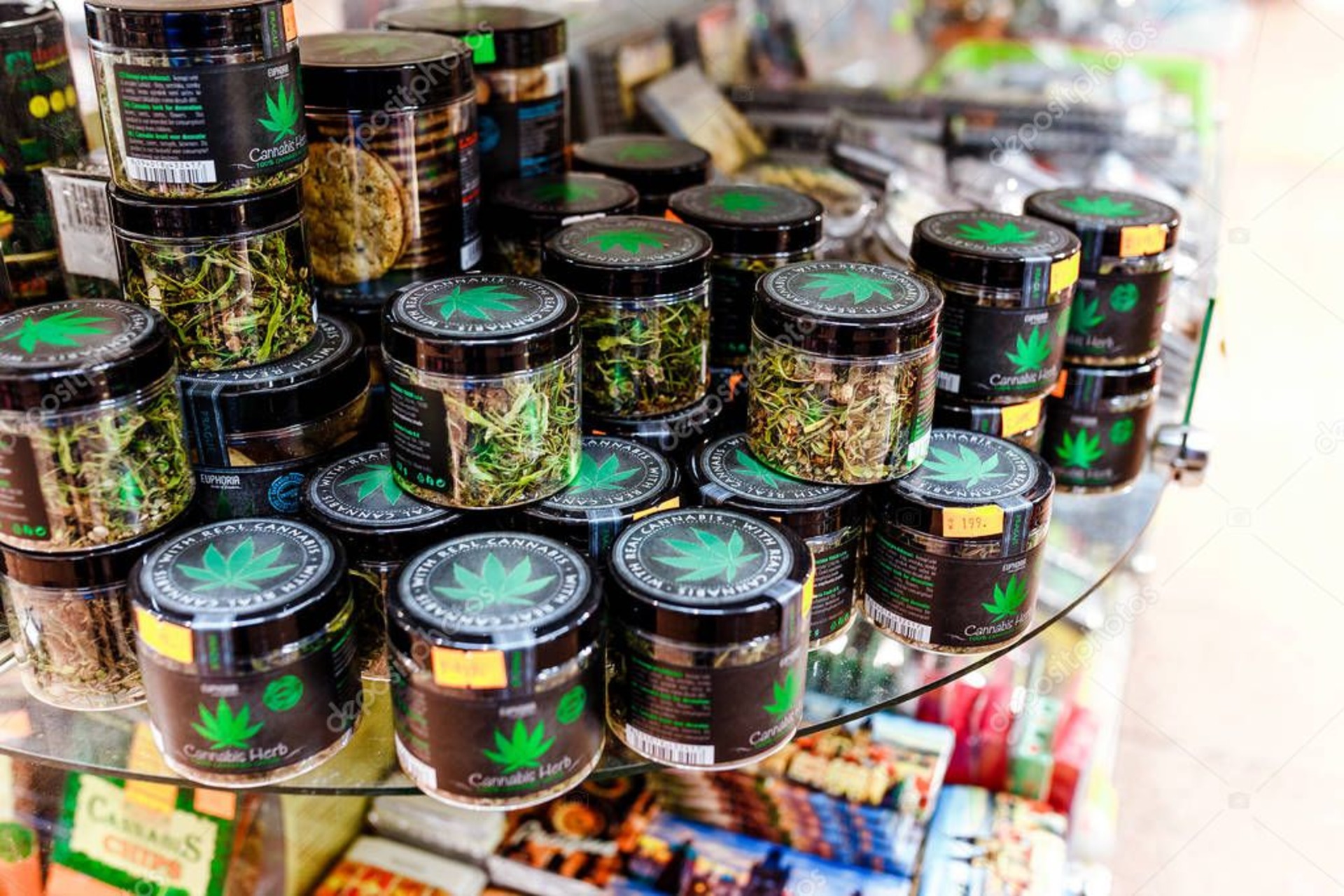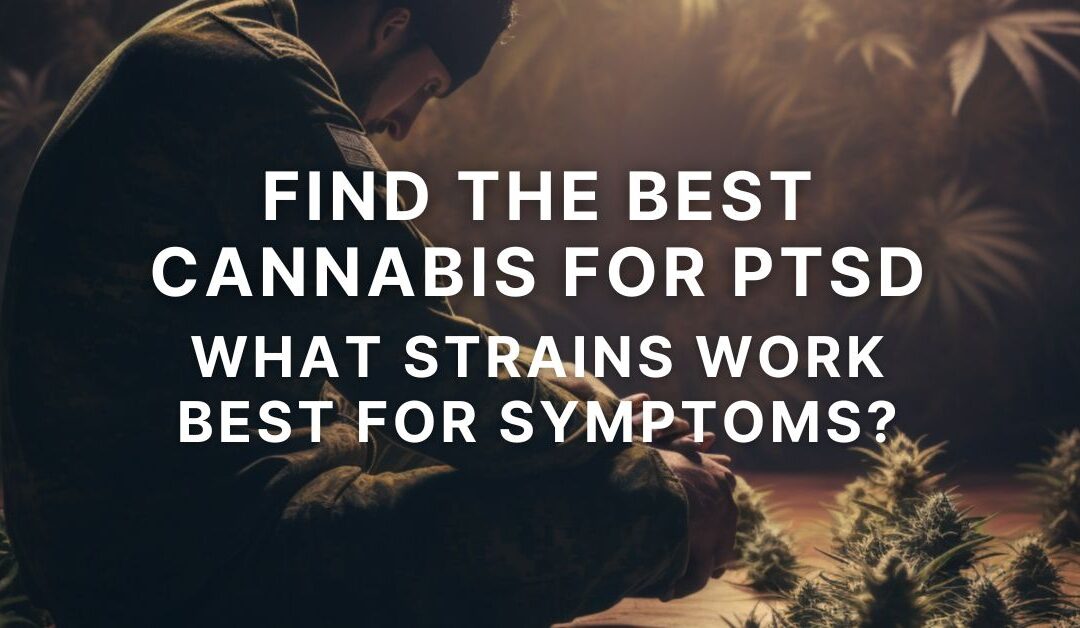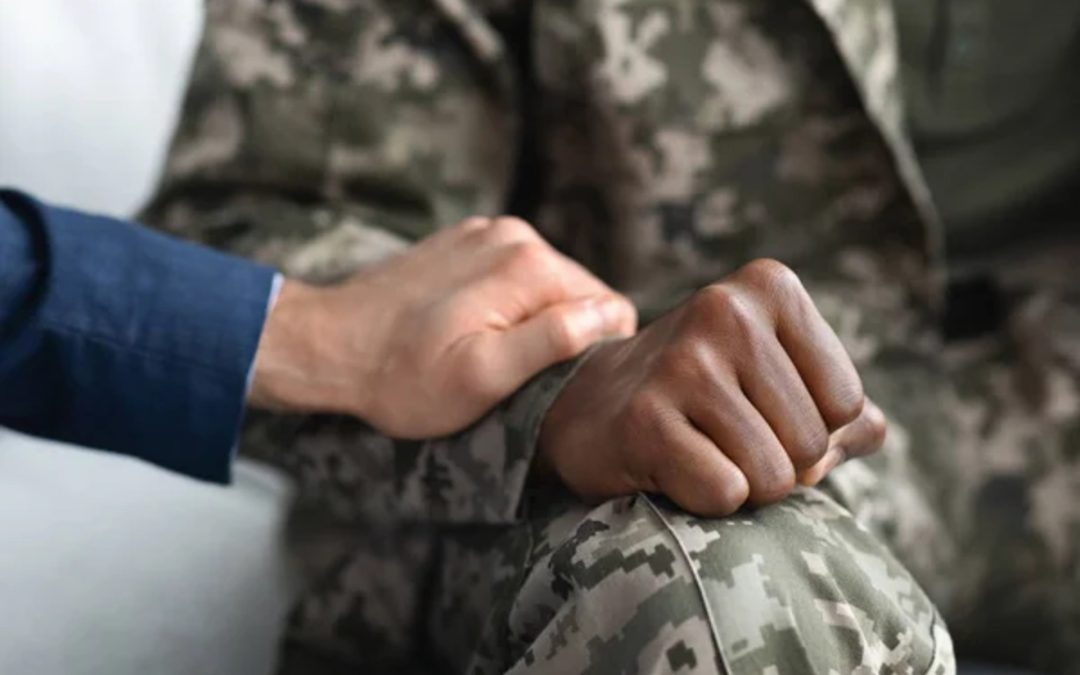When stepping into a cannabis dispensary for the first time, the array of strains, extracts, edibles, topicals, and innovative products can be overwhelming. To navigate this new world with confidence, seeking professional guidance from a knowledgeable budtender is key.
Budtenders serve as vital intermediaries between the industry and consumers. However, not all budtenders possess the same level of expertise. Ideally, a helpful budtender will ask pertinent questions to tailor their recommendations to each customer’s unique preferences. A proficient budtender understands the characteristics and effects of the products they offer and can effectively communicate them to potential buyers.
Nonetheless, it’s important to be aware that some budtenders may have hidden agendas, such as promoting specific products for personal or sales-related reasons. While their advice may sound appealing—drawing from personal experiences or current trends like “I personally tried this and loved it!” or “This strain is selling out fast, better grab it!”—it may not align with your individual needs.
Do Your Research Before Visiting a Cannabis Store
With the widespread availability of cannabis in numerous states, it’s important to note that budtenders may lack standardized business training, resulting in varying levels of preparedness among dispensary staff. This inconsistency can be a concern, especially for novice consumers. To address potential issues related to receiving subpar assistance, it is advisable to conduct some research on the dispensary you intend to visit beforehand.
Questions To Ask
What consumption method are you considering for cannabis?
Understanding how you want to consume cannabis is essential since it can have different effects based on the method chosen. Dispensaries offer a range of options such as smoking flowers, consuming edibles, using tinctures, capsules, mints, prerolls, vape pens, and more. By deciding on a preferred method and researching its effects, you can better align your desired experience with the appropriate products. Additionally, this knowledge helps you identify which dispensaries carry the specific products you’re looking for. Remember, certain products may have limited availability, so it’s worth checking if your local dispensary stocks them.
What is your intended purpose for using cannabis?
The effects and benefits of cannabis can vary significantly depending on individual preferences and needs. It is crucial to identify your specific reasons for using cannabis. Are you seeking relief from a medical condition or looking for relaxation after a long day?
While many dispensaries cater to both medical and recreational customers, your objectives as a consumer or patient play a vital role in the budtender’s recommendations. A product designed for pain management may not be suitable for addressing anxiety, just as a sativa strain may not be ideal for promoting relaxation and sleep. If you have medical requirements but haven’t obtained a medical card, consider seeking guidance from a local physician who specializes in medical marijuana, if available. Discuss the symptoms or conditions you are seeking to address with cannabis. It’s important to note that budtenders and doctors have different training backgrounds, even in medical cannabis markets. Both perspectives can help you determine the most appropriate form of relief for your needs.
If you don’t have access to a doctor, you can contact the dispensary and request to speak with an experienced staff member before visiting. Engaging in a conversation beforehand allows you to gather valuable insights and advice, enhancing your dispensary experience and helping you make informed decisions.
How much do you want to spend?
Consider your budget and anticipated cannabis consumption when deciding how much you want to spend. The price range for cannabis products continues to expand each day. It’s not necessary to buy a full ounce on your first purchase, as most dispensaries offer various price options. Typically, eighths of cannabis (3.5 grams) range from $20 to $75. If you prefer prerolls, prices can vary from $10 to $30, depending on whether they are sold in multipacks or infused with concentrates for higher potency. Edibles come at different prices, with gummies and pastilles usually being more affordable (around $20), while capsules and baked goods tend to cost $25 or more.
It’s important to note that local and state taxes have a significant impact on the prices you see on the menu, and you may end up paying more than you initially expected.
How high do you want to be and for how long?
The impact of cannabis on your mind and body can vary significantly based on how you consume it, the dosage, and your tolerance. THC, the active compound in cannabis, produces the intoxicating effects commonly associated with being “high.” However, not all strains and products result in intoxication. Some products, particularly those high in CBD, are designed to be non-intoxicating. Different cannabis products can offer uplifting and cerebral effects, while others are better suited for relaxation and sedation. By communicating your desired experience to your budtender, they can help recommend a product that meets your specific needs.
Furthermore, the duration of your cannabis experience depends on how you use it. Dabbing cannabis concentrates typically provides a fast and intense experience compared to edibles. However, the effects wear off within an hour or two, similar to other inhalation methods.
Edibles take longer to take effect but their effects typically last between 2 and 4 hours. Medical patients may require longer-lasting relief, while casual consumers may simply want to relax on weekends. Planning how and when you intend to use cannabis can assist in determining the appropriate products and consumption methods to discuss with your budtender.
How important is discretion in cannabis usage?
The discreet use of cannabis relies on considerations of courtesy and legality. Most states prohibit public consumption, and the presence of cannabis smoke and vapor can be bothersome to individuals nearby. While consumption lounges are still uncommon, certain dispensaries now offer them. To determine how your cannabis use may impact those around you, consult with your budtender. If you intend to consume cannabis in the presence of non-users, your budtender can assist you in selecting products that can be used inconspicuously.
Examples of discreet cannabis products that don’t produce lingering odors or visible smoke include edibles, vape pens, topicals, sublinguals, transdermals, capsules, and even suppositories.









0 Comments